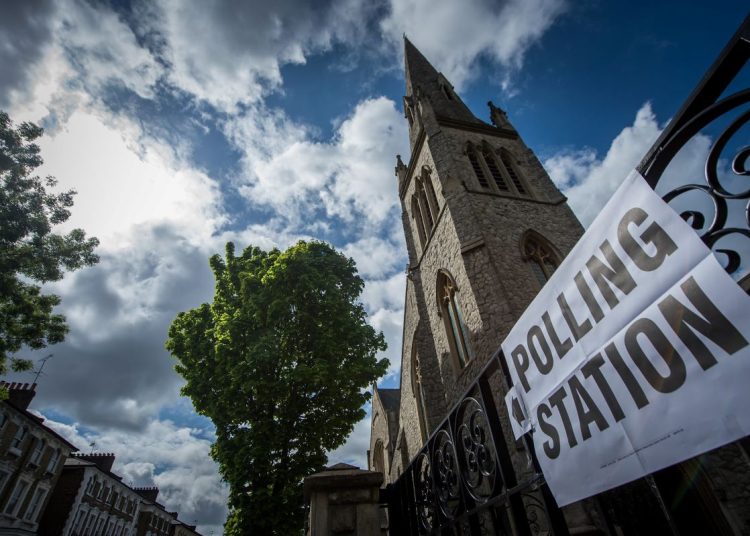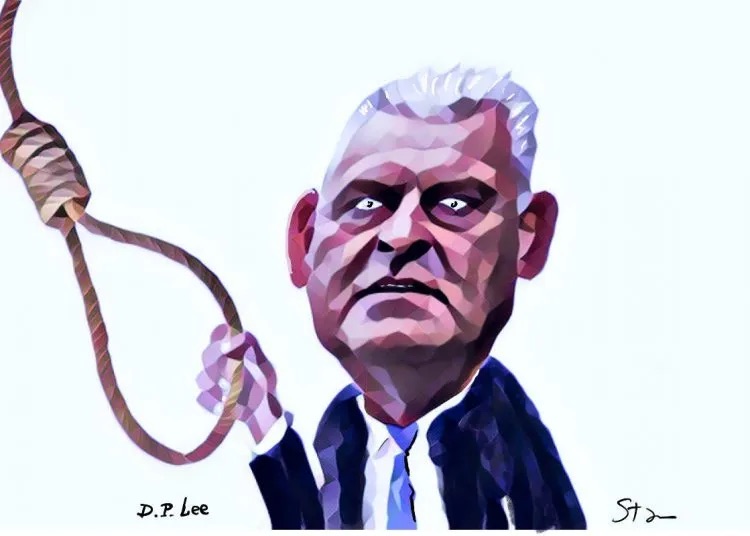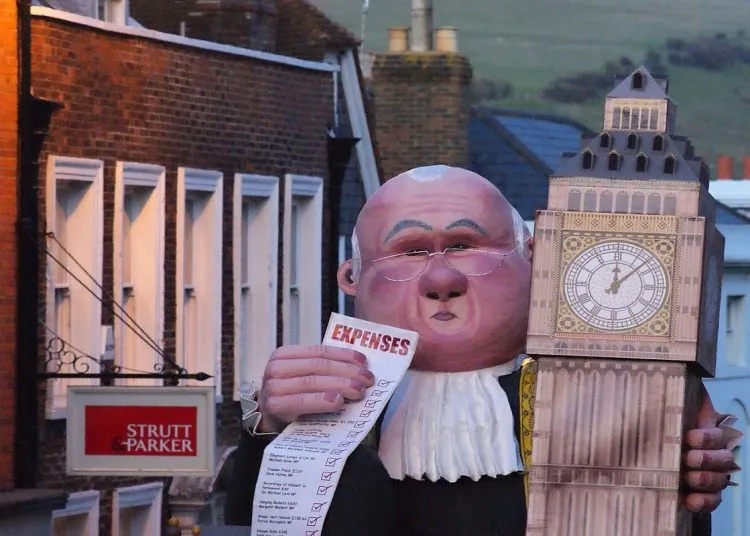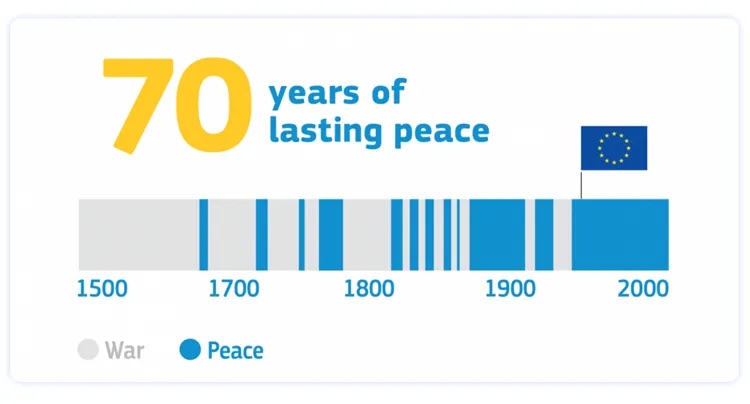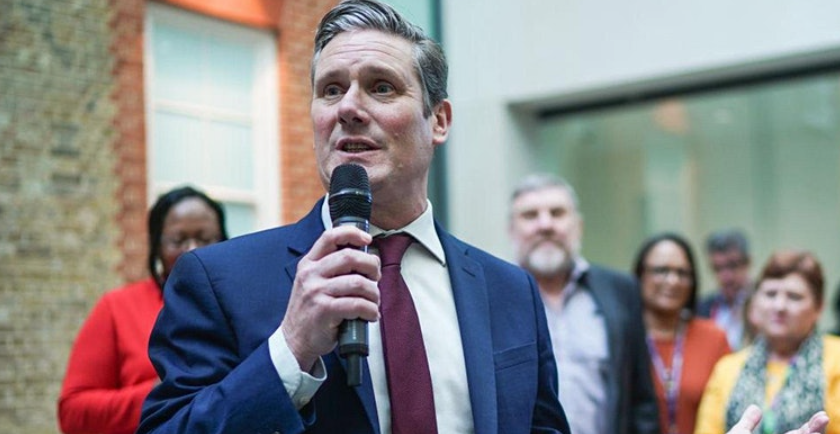
Labour on the attack
The success or failure of any ad campaign is based on it being seen and being talked about – in that, Labour have certainly succeeded, writes Bremain Chair Sue Wilson MBE for Yorkshire Bylines.
On 6 January, the Labour Party published the first of a series of campaign ads attacking the government for its many failures. The controversial ads have caused quite a stir, especially as they have been personally directed at Rishi Sunak.
Labour is the party of law and order. pic.twitter.com/EP6VXToK9z
— The Labour Party (@UKLabour) April 6, 2023
The party of law and order
In the first of the hard-hitting ads, Labour attacked the prime minister for his failure to imprison 4,500 adults convicted of sexual assault on minors. This was followed a day later by the claim that 937 adults convicted of “possession of a firearm with intent to harm” also served no prison time.
13 years of Tory failure has broken our justice system.
Victims wait months if not years for justice, while dangerous criminals avoid prison.
Labour will prevent crime, punish criminals, and protect communities. pic.twitter.com/gSBv5oyO0Q
— The Labour Party (@UKLabour) April 7, 2023
Day three saw a continuation of the law-and-order theme – this time Labour’s claim was that out of 4,500 thefts committed daily, only 180 culprits would be charged. The title of ‘party of law and order’ – previously assumed by the Conservatives – is now firmly being claimed by Labour. They promise to “bring back neighbourhood policing” and are outlining specific details of the actions they intend to take to correct these government errors.
13 years of Tory failure has left our streets unsafe.
Labour will bring back neighbourhood policing. pic.twitter.com/w3gqJK82UU
— The Labour Party (@UKLabour) April 8, 2023
The latest ad switches the focus to taxation, with a direct dig at Sunak and his wealthy family. This comes on the back of recent revelations that Sunak only pays 22% tax on his total income, versus Keir Starmer’s 33%. Add to that the government’s refusal to close the non-dom tax loophole, and this is likely to resonate with many voters suffering the worst effects of the cost-of-living crisis.
A Labour government would freeze council tax this year, paid for by a proper windfall tax on oil and gas giants.
And we’d scrap the Tories’ non-dom tax loophole. pic.twitter.com/tBkNAhKPtA
— The Labour Party (@UKLabour) April 11, 2023
A step too far?
Conservative MP Tobias Ellwood described the ad campaign as “belittling”, while John Redwood accused Labour of attacking the prime minister “for things he has not said or done”. Considering the theme of the ads is “Rishi Sunak does” or “Rishi Sunak doesn’t”, he may be rather missing the point, although that would hardly be news. Deputy party chair, Lee Anderson, accused Labour of “dog-whistle politics” – with not a hint of irony – suggesting it was a “step too far” and Starmer should clean up his act.
While it was hardly surprising that some Tory MPs were quick to criticise the campaign, there were plenty keeping silent on the subject. Perhaps the reticence was triggered by the recently published report that 88% of Tory ads were judged to be misleading, compared to 0% of Labour’s. Or it could be the memory of the Conservative Party’s own similar attacks on Tony Blair, Gordon Brown or even Starmer himself. Perhaps, though, it’s a sign of respect, tinged with jealousy, that Labour have stolen their thunder.
“Starmer has paved the way” https://t.co/pq7FYzZ7jo pic.twitter.com/4vYXrVy4AO
— Stephen Sutherland (@sjsuth) April 10, 2023
Criticism of Labour’s ads did not, however, all come from the political right. Within the Labour Party itself, John McDonnell MP described the ads as “not the sort of politics a Labour Party, confident of its own values and preparing to govern, should be engaged in”. The Labour Party, he added, “are better than this”.
Perhaps the worst response to the campaign came, unsurprisingly, from the Daily Mail who hired Maurice Saatchi to design six invented ads attacking Starmer. Copying the style and theme of Labour’s ads, one went as far as to ask, “Do you think that only men have penises?”, with the answer “Keir Starmer doesn’t”.
'To prove how disgusted they are by the attack ads, they've hired Maurice Saatchi to dream up six invented adverts which go after Keir Starmer… it's beyond parody!'@mrjamesob’s ferocious analysis of the Daily Mail's fury at Labour attack ads. pic.twitter.com/iVqcKWNREb
— LBC (@LBC) April 11, 2023
Labour doubling down
In response to any criticism, several Labour ministers have been quick to defend their campaign. Regarding the attack on Sunak’s record on crime, Starmer said he stood “by every word”. It was important, he said, to attribute the government’s failings personally to the prime minister. It was, after all, the PM that was “the chief architect of choices prioritising the wealthiest”, and “the voters must know that Rishi Sunak’s fingerprints are all over their struggling household budgets”.
Shadow Health Secretary Wes Streeting said that rather than be upset by the ads, “we should be more offended by the Tories’ shocking 13 years of failure to tackle crime than by Labour’s attempts to expose it and end it”. (Replace the word ‘crime’ with any Conservative failure of your choice)
Labour MP and chair of standards and privileges committee, Chris Bryant, voiced his own defence of the campaign on LBC Radio. He said attack ads were “valid” and described the campaign as “blunt” and “rude”, adding that it had “done the trick”.
Bryant also pointed out that any criticism of the ads was about the style, and the personal targeting of the PM, not about the “statistics”. We can only assume that the government have checked the veracity of the comments in the memes and been unable to disprove them, else they’d be screaming blue murder about Labour lies.
'Let's get real! I think it's done the trick.'
Chris Bryant explains exactly why he feels attack ads are the right move for Labour to make…@RhonddaBryant pic.twitter.com/pyLq7oLUNI
— LBC (@LBC) April 10, 2023
The gloves are off
Whether you are offended by Labour’s new approach, or applauding it, they are challenging the government in ways they will understand all too well. The campaign also makes it difficult for the government to complain too loudly without exposing their own gross hypocrisy. The Tories may be old hands at this type of attack but Labour have taken the gloves off and are beating them at their own game.
You may feel that Labour have sunk to the government’s level and that they should be setting a better example. Or you may think that anything goes in the battle to ensure Labour’s success at the next general election. Either way, you can be sure the Conservatives will use their usual dirty tricks, misdirection outright mistruths if they think it will work. And let’s face it, it’s worked in the past.
As with all ad campaigns though – whether you love them or hate them – their success or failure is based on being seen and being talked about. According to Labour insiders, the attack ads are a “triumph” – the original ad having already received over 22 million views. That’s more than any Twitter post in Labour’s history. Whatever the thinking was behind Labour’s campaign, they must surely consider the level of discussion generated to be a sure sign of a successful campaign. And they’ve barely got started.

